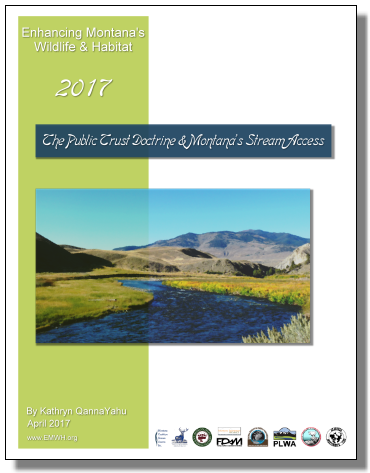DON’T FORGET TO VOTE TODAY!! POLLS CLOSE AT 8:00 THIS EVENING!!
MSA
Ups and downs of the 2017 Legislature
Imagine
you were told, as you headed onto the field, that your team would have
nearly one-third fewer players than the opposing team … and that the
other team would get to set the rules that you would have to play by.
For Democrats in the 2017 Legislature, that has been our reality.
As
the minority and the loyal opposition, our mission is clear: to be a
voice and a vote for what is right, and to fight every day for the
people who sent us here, all the while knowing that the odds are not in
our favor. This session, that was ourcall, and we are proud of our
caucus for answering that call with absolute resolve and determination.
In
order to get good things done, Democrats worked hard to reach across
the aisle and bring others on board. We did this successfully in
numerous issue areas and found others who were willing to set aside
political differences to pass good legislation. Together with a group of
reasonable Republicans, Democrats led the way on legislation that will
benefit Montanans for years to come. Here are some of the highlights:
•
Criminal Justice Reform: We passed the most comprehensive package of
criminal justice reform legislation in a generation -- more than a dozen
bipartisan bills that give judges and prosecutors the tools to make our
system smarter, save money, reduce recidivism and get people the help
they need.
• Earned Income Tax
Credit: One of the most progressive anti-poverty tax bills in years, the
Earned Income Tax Credit will help thousands of working families in
Montana keep more of their hard-earned money.
•
Apprenticeships: We helped Montana workers and businesses with a tax
credit for businesses that hire and train apprentices – and a double
credit for hiring veterans in an apprenticeship program.
•
Mental Health and Suicide Prevention: It’s imperative that we reduce
the stigma around mental illness and make care and treatment more
available. We established that insurance companies must cover mental
health on the same level as physical health. We also dedicated $1
million for local communities and school districts to develop their own
suicide prevention programs, with particular emphasis on rural areas,
Native Americans and veterans.
•
Early Childhood Education: We know that when we invest in kids through
early education, we improve their prospects for graduating from high
school and beyond. We were finally able to make some headway on this
front by providing funding for preschool pilot programs across the
state.

